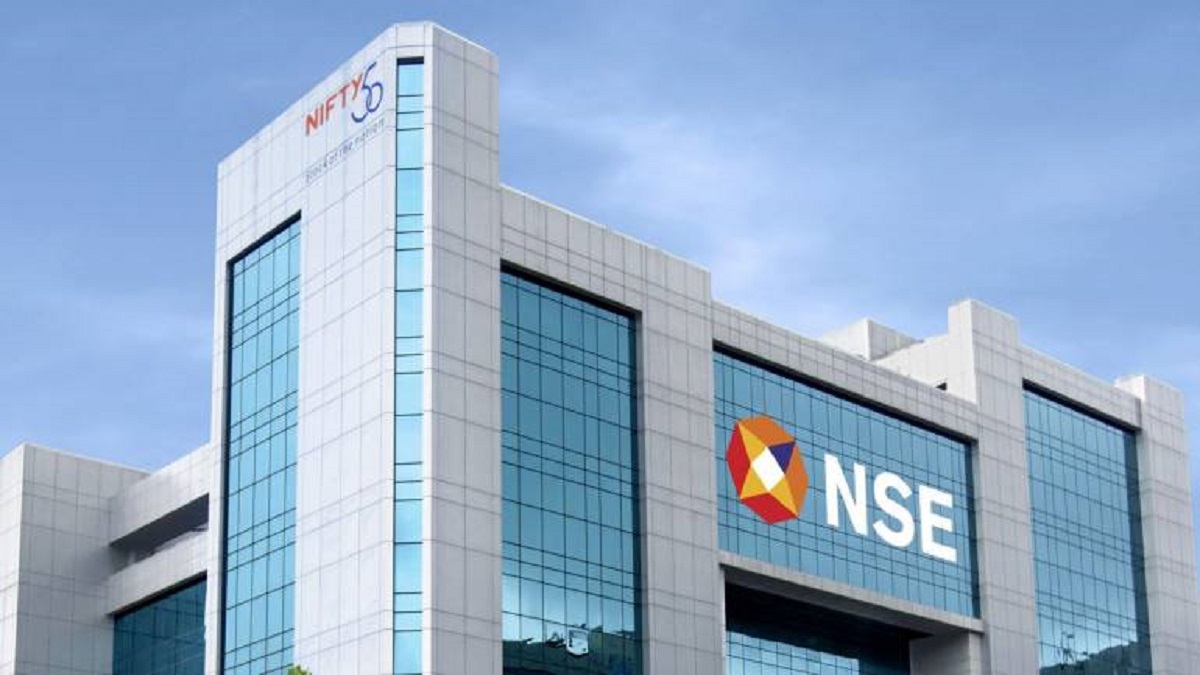05 Aug , 2025 By : Debdeep Gupta

Domestic brokerage Nuvama Institutional Equities reiterated its conviction on healthcare player Max Healthcare and Indigo-parent InterGlobe Aviation joining the benchmark Nifty 50 index during the next review. On the flip side, beleaguered lender IndusInd Bank and auto player Hero MotoCorp might be deleted from the index.
The cut-off period for stocks to be decided ended on July 31, and the official announcement is expected in the latter half of August, with index adjustments effective September 29, 2025.
According to Nuvama, these changes are expected to drive significant passive flows, with Indigo and Max Healthcare likely to see passive inflows of approximately $507 million and $423 million, respectively. Meanwhile, Hero MotoCorp and IndusInd Bank are projected to witness outflows of $251 million and $240 million each.
For the Nifty Next 50, colloquially known as the Nifty Junior, the probable inclusion include Solar Industries, Mankind Pharma, Siemens Energy India, Hindustan Zinc, or Union Bank of India, while the most likely exits are InterGlobe Aviation, Swiggy, Dabur India, and ICICI Prudential Life Insurance.
The brokerage noted that Hindustan Zinc had previously missed inclusion despite meeting key criteria. With its entry into the F&O segment, it now stands a stronger chance, subject to changes in the parent index.
Earlier, investors were expecting that Asia's oldest bourse BSE Ltd could join the Nifty 50. However, Nuvama's Abhilash Pagaria said, "We have received multiple queries on BSE’s eligibility, and our view remains unchanged. BSE has zero probability of being included in the Nifty 50 in the September 2025 review, based on the current methodology and thresholds."
How are stocks chosen to join the Nifty 50?
The Nifty 50 index is reshuffled twice every year, based on six-month data ending on January 31 and July 31. The changes to the index are then enacted in March and September.
To decide the stocks that enter the Nifty 50 index, NSE looks at the average free-float market capitalisation for the six months. Free-float market cap refers to the market value of shares readily available for trading by the public, excluding promoters' holdings and other restricted shares.
0 Comment